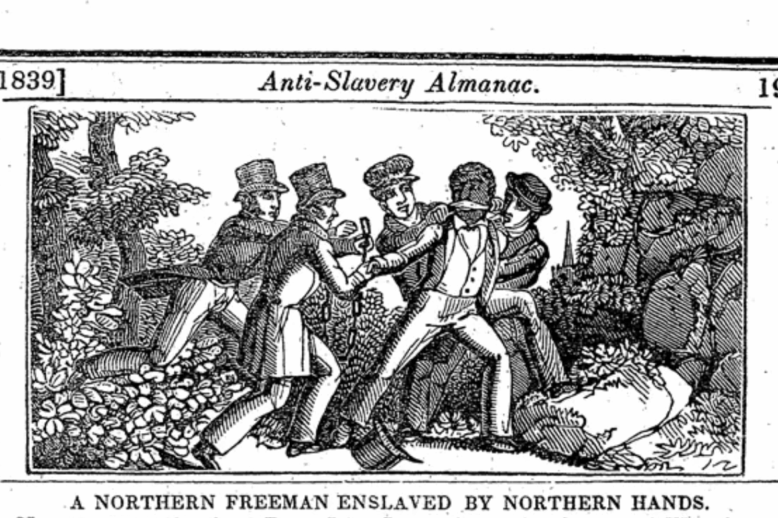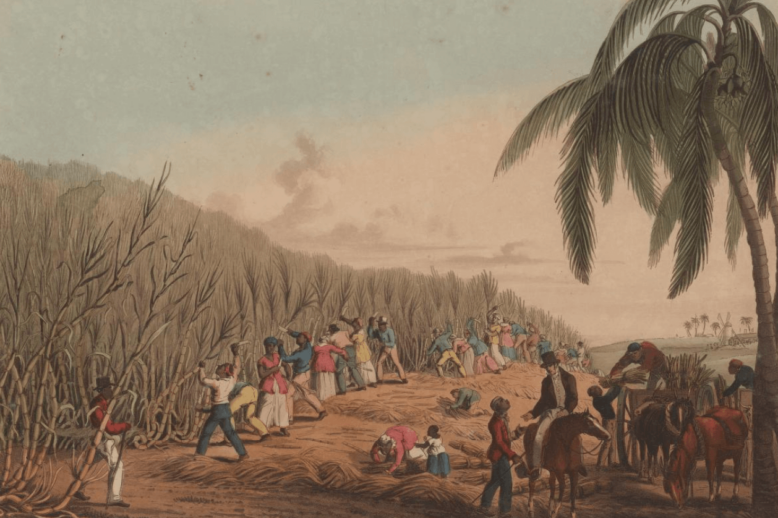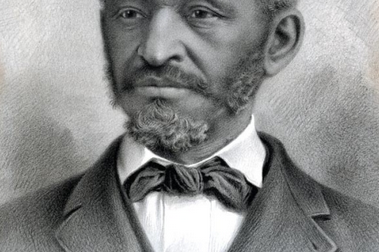The Fugitive Slave Laws in Boston: Part 1, 1641–1849
This article, part 1 in a two-part series, explores the documentary history of the legalization of slavery in the United States, and the creation of federal laws prioritizing the rights of slaveholders over basic human rights. Part 1 surveys Massachusetts’ legalization of slavery in 1641; its abolishment of slavery in 1783; the Fugitive Slave Act of 1793; and how abolitionist organizations in Boston defied the Fugitive Slave Laws in order to help escaped enslaved people defend their freedom.




